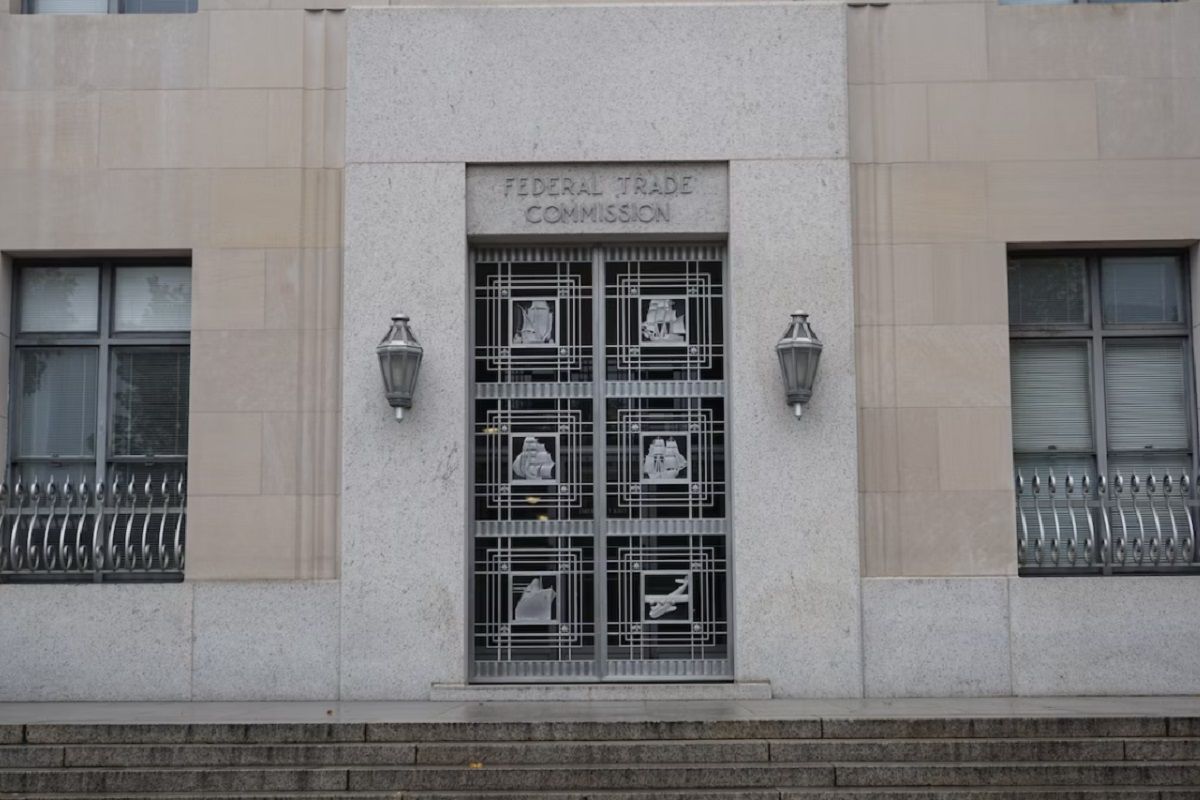The Federal Trade Commission (FTC) has taken the initiative to introduce a new rule that prohibits numerous forms of fake reviews on the Internet.

This rule provides for limiting the possibility of posting comments in the Internet space that do not contain any reliable information, and comments that are slightly edited or contain semantic elements aimed at manipulating the reader’s consciousness. The prospects for the fundamental impact of the initiative proposed by the regulator on the ecosystem of online reviews are still unclear due to the lack of experience in their application, but its ability to improve the situation in this area is unambiguous and indisputable.
The development of this rule has been carried out for a long period. A broad chronological framework for solving such issues is a characteristic feature of the workflow for the federal regulator. In 2019, the FTC initiated proceedings against a seller who made statements misleading consumers and paid for posting reviews containing false information on virtual platforms. Before that, the regulator revealed the use of influence marketing practices, in which a person published comments to promote a product, but concealed the commercial basis of his activities.
Currently, the FTC is gradually embarking on the concept of comprehensive measures, which were first considered in October last year and have since acquired a final form. The rule proposed by the regulator was finally formulated after research and consultations with consumers, businesses, and advertising trade organizations.
The Association of National Advertisers, commenting on the proposed initiative, stated that there was no full-fledged evidence of the widespread practice of fake reviews and expressed concern that the new measures would be burdensome.
Consumer protection organizations and large online companies claim the opposite. Their position is that control measures are necessary since the number of fake reviews posted in the public access space is estimated to the billions. Regulators, in the context of countering the publication of false content, express concerns about the widespread use of generative artificial intelligence, which, in their opinion, will simplify the writing of such text materials.
Experts are convinced that the FTC has developed the rule in such a way that its action will not interfere with the process of legitimate trading and does not become an obstacle to posting reviews containing reliable information on virtual platforms.
The new norm is open for public discussion. In two months, the regulator will study the comments on the rule and, if necessary, make adjustments. After that, the new norm will be put to the vote.
The FTC recognizes the difficulty of influencing foreign companies that are involved in the practice of posting fake reviews. The regulator has not yet announced how it plans to combat comments generated by artificial intelligence. In this case, the most likely counteraction may be special technologies based on the same AI.
As we have reported earlier, FTC Sues Amazon.









